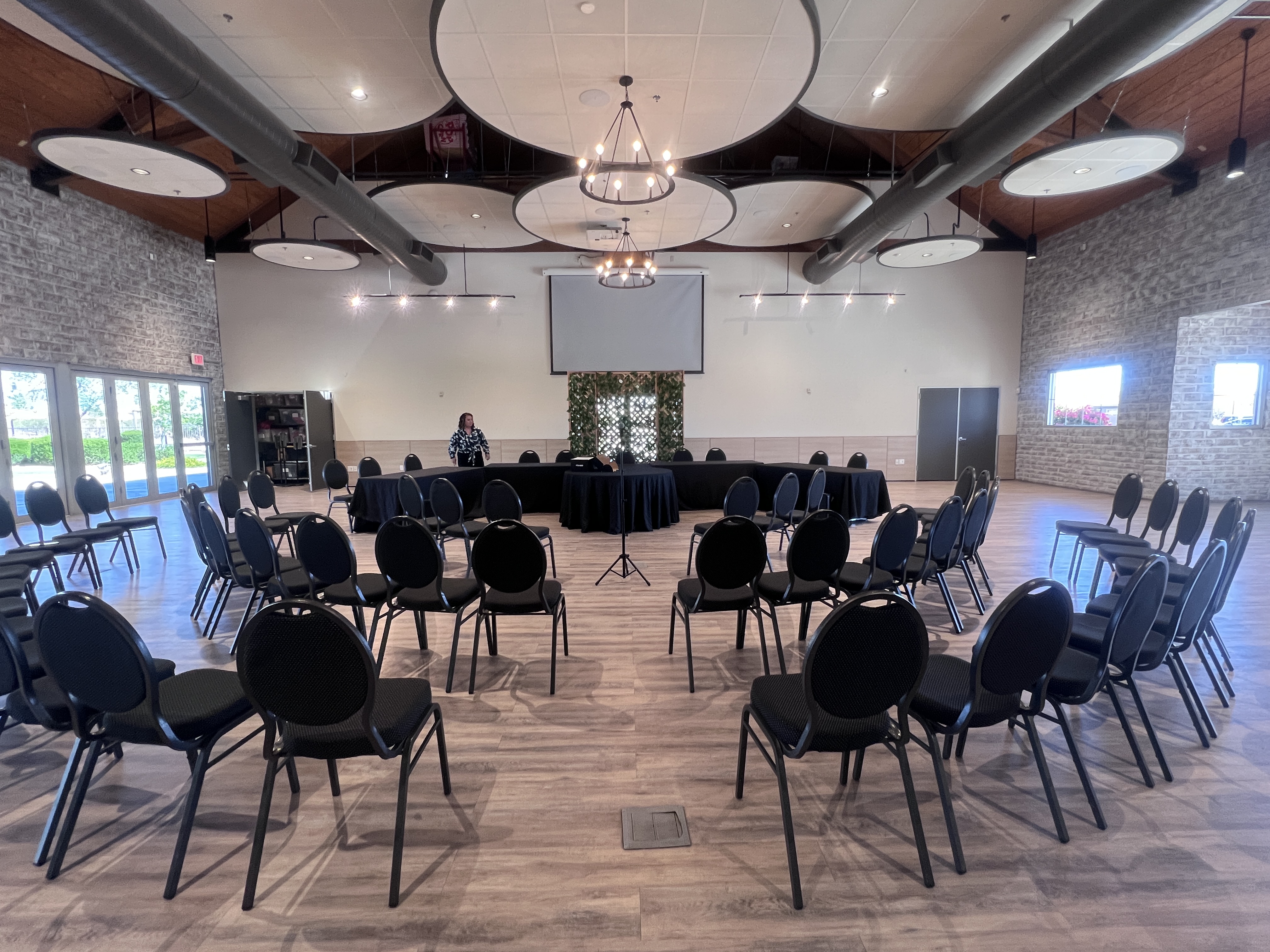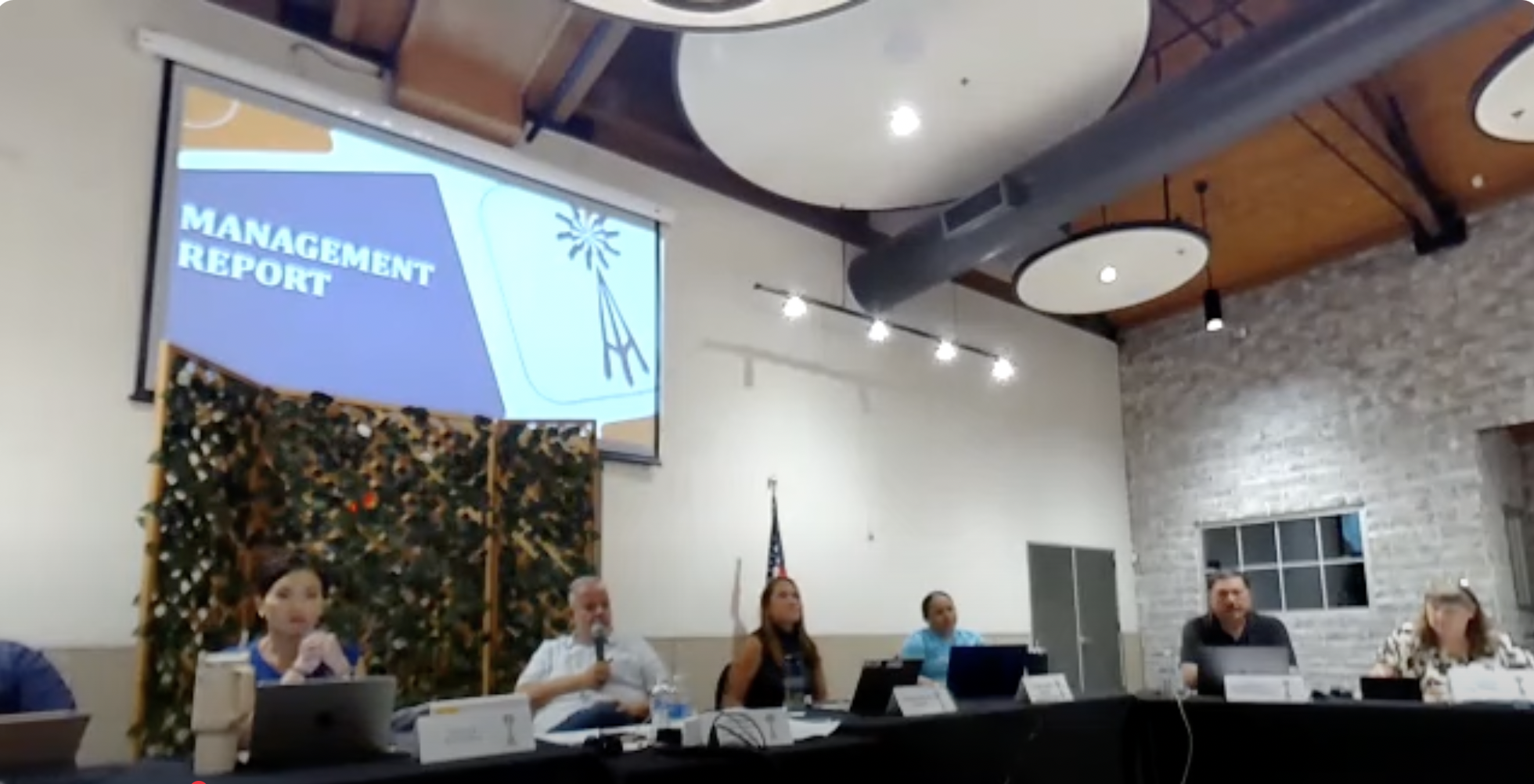In the realm of homeowners associations, effective organization, communication, and follow-through are the pillars that uphold a thriving community. These three essential elements form the backbone of successful HOA management and play a vital role in fostering harmony among residents. Remove one (or all 3) of these pillars, and disaster is destined to occur.

Organization
Organization is key to maintaining order within an HOA. By establishing clear systems and processes for tasks such as financial management, record-keeping, maintenance requests, and rule enforcement, an HOA can ensure smooth operations.
Organized documentation allows for easy access to important information when needed,
ensuring transparency and accountability.
An organized approach enables efficient decision-making by providing board members with accurate data at their fingertips. One such example is the coordination of meetings, events, and updates along all channels of communication. Chaos and confusion can quickly escalate if one of these channels does not synchronize with the others.
Communication
Effective communication is the lifeblood of any community,
and it plays an even more significant role in an HOA setting.
Clear and timely communication fosters trust among residents
and ensures that everyone is on the same page regarding rules, regulations, and important updates. Regular (accurate) newsletters or emails keep homeowners informed about upcoming events, maintenance schedules, or changes in policies. Open lines of communication also encourage residents to voice concerns or suggestions that can contribute to improving community life.
Execution / Follow-Through
Follow-through is essential for maintaining credibility within an HOA.
When commitments are made—whether it’s addressing homeowners’ concerns or completing maintenance tasks—it’s crucial to see them through promptly and accurate reporting is communicated clearly to the Board and homeowners.
By following up on promises made by the community management company,
the Board, acting on behalf of the Homeowners Association demonstrates its dedication to serving its community effectively
and building trust amongst its members.
Top 5 Tell-Tale Signs It Is Time To Switch Management Companies
HOA board members and homeowners often face several significant issues when dealing with a sub-par HOA management company. One of the main, if not the MOST important factors that weaken the relationship between an HOA community and their management company is poor communication:
- The community manager fails to promptly return phone calls or emails. Messages are left for the community manager, but it takes days for them to respond, if they respond at all. Or the community manager fails to follow-up with the homeowner’s request or advise the Board of the issue. Communication is crucial in managing a homeowner’s association, and a quality management company should always strive to maintain an open and streamlined process of communicating and resolving issues amongst the community.
- The community manager neglects to complete requested projects. Whether it is replacing a street light, investigating a water leak, or obtaining 2-3 competitive bids from new landscapers or pest control companies, it seems that the community manager consistently delays these tasks. This leaves the homeowners feeling frustrated as they repeatedly bring up these concerns without any progress being made.
- The Board and community management company is inconsistent with the enforcement of compliance rules or procedures. Violation letters may be sent to incorrect homes or noncompliance may not be handled as per the Bylaws or CC&R’s instructions.
Homeowners are facing difficulties in accessing financial reports promptly and on demand. Some boards receive incomplete financial documents, while others do not receive requested reports at all.
The Board of Directors is no longer in charge. In many cases, a community management company is hired to assist with administrative tasks such as communication with homeowners, collecting association dues, resolving vendor issues, and providing detailed reports to the Board. These reports are crucial for making informed decisions and finding efficient solutions to problems. However, when the Board becomes detached from day-to-day operations and fails to address homeowner complaints effectively, they lose control over their management company. This leads to an “out-of-touch” Board that is unable to oversee their management company properly, which results in dysfunction.
#HOALife #EffectiveManagement #CommunityEngagement #TransparentCommunication
HOA HOA issues Homeowners Power Ranch Gilbert
Last modified: December 22, 2023






